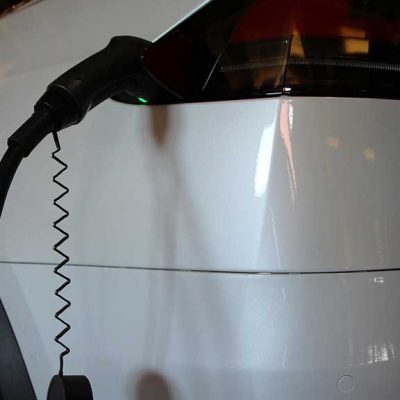Electric driving has gained considerable popularity in recent years. It is a more environmentally friendly and sustainable way of driving than traditional petrol and diesel cars. But electric driving also has performance advantages. For instance, electric cars are often faster and quieter than their fuel-fired counterparts.
Still, charging an electric car remains a pain point, especially if you are going on a long road trip. After all, charging a battery is slower than refuelling a fuel car. As a result, you sometimes have to wait for a long time at a charging station or queue to charge. Fortunately, the European Union recently announced new rules to make electric car charging easier and more accessible.
The new EU rules aim to give electric car owners a better understanding of how much they have to pay at a charging station. This should be done through clear and transparent tariffs communicated in advance. Paying itself should also become easier. Currently, you often need a charging card or app to charge at a public charging station. But the new European law states that it should become possible to pay with your bank card, credit card or phone. This will greatly improve the ease of use of charging stations.
In addition, more charging stations will be added, especially on major European roads. The aim is to have a charging station every 60 kilometres. This should ensure that on long trips you don’t have to wait too long to charge your car. Trucks are also getting special attention. From 2028, trucks should be able to charge their batteries every 120 kilometres. This is important because trucks make up a large proportion of road traffic and thus have a major impact on the environment.
Finally, there is also a focus on hydrogen as an alternative fuel. By 2031, the supply of hydrogen should be so great that you can refuel every 200 kilometres. This will be especially important for trucks and other heavy vehicles that currently cannot drive fully electric.
All these measures are designed to encourage the use of electric cars and contribute to a better environment. The aim is to prevent ‘green Saturdays’, short charging station queues and charging station stress, and encourage emission-free driving. Hopefully, these developments will soon be implemented across Europe so we can all enjoy cleaner and more sustainable transport.
Alongside the introduction of the new rules, more charging stations are being installed. Every 60 kilometres, on major European roads, there will be a place to charge electric cars. This should be in place from 2026. From 2028, there should be a place where trucks can charge their batteries every 120 kilometres. By 2031, the supply of hydrogen should be large enough that it can be refuelled every 200 kilometres. These developments will make driving an electric car in Europe significantly easier.
In the Netherlands, as an electric car owner, you are already in the right place. In fact, the Netherlands has the most public charging stations in the whole of Europe. In Germany, they have more fast chargers, although of course that country is a lot bigger. In short, in the Netherlands not much more needs to be done in response to the new European law. In other countries, such as France, where many major European roads run, there is still some work to be done.
The aim of the European regulations is to make driving an electric car more accessible and efficient. By changing the rules around paying and installing more charging stations, will make it easier to travel longer distances in an electric car. This will certainly help to promote emission-free driving in Europe.
But other measures are needed to make the use of electric cars even more attractive. Indeed, one of the biggest pain points of driving an electric car is the time it takes to recharge. As long as charging an electric car takes longer than refuelling a traditional car, people will hesitate to switch to electric driving.
That is why there is currently a lot of work being done to improve the technology behind electric car charging. Researchers are working on new battery technologies that will make charging a car faster and more efficient. Researchers are also working on developing new fast-charging technologies. In the Netherlands, for instance, work is currently under way on a new fast-charging system that allows an electric car to be charged within minutes. If these technologies are further developed and implemented, driving an electric car could become as quick and easy as driving a traditional car.
All in all, the future of electric driving in Europe seems promising. New European regulations make driving an electric car more accessible and efficient than ever before. Moreover, new technologies are constantly being developed to make charging an electric car faster and easier.
So the future of electric driving looks bright, especially with the new EU rules making electric car charging easier and more accessible. But there are also still challenges that need to be addressed.

